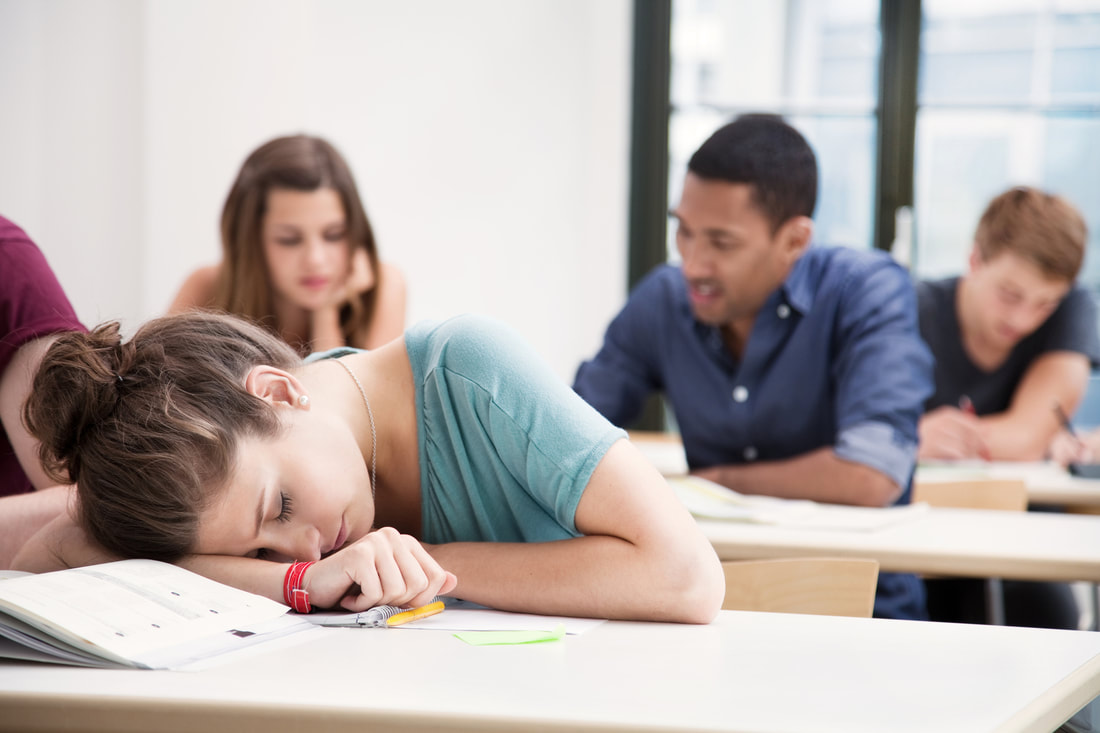The Circadian Light in Adolescence, Sleep and School Study
What is the CLASS Study investigating? |
The CLASS Study follows teenagers across 5 years, beginning when they are in Year 8 and ending in Year 12.
We are looking at how teenagers’ sleep patterns change as they get older and how exposure to light affects the body clock. We are also investigating how changes in teenagers’ sleep patterns might affect mood, thinking, and academic performance. . |
How can I get involved?
Are you in Year 8 at a school in Melbourne? If yes, then you might be eligible to participate in the CLASS study. To learn more, please fill out our expression of interest form by clicking here. We would love to hear from you!
Why is the CLASS Study important?By learning about teenagers’ sleep and how it affects their daily life, we can find ways to help individuals who might be struggling with their wellbeing or school work.
This is the first study to follow teenagers over time and look at the effect of light exposure on the body clock and how this affects teenagers’ sleep patterns and academic performance. |
What's so interesting about teenagers' sleep?
|
Starting from early adolescence the internal body clock begins to shift later. Across adolescence, this natural shift in body clock makes many teenagers prefer going to bed later at night and getting up later in the morning.
Because school starts early, teenagers may not get enough sleep on school nights and feel sleepy during the day. We are interested in exploring whether sleep is associated with how teens feel in daily life, how easy or hard it is to concentrate and overall academic performance |
A note about participation during the COVID-19 pandemic
The health and well-being of our participants and staff is our priority. At the CLASS Study we have made changes to our procedures, in accordance with recommendations put forward by the State Government, and Monash University.
If you are participating during the COVID-19 pandemic, some of the procedures may occur differently. In particular, we have reduced the need for face-to-face contact by taking our visits online!
If you are considering participating in the CLASS Study, we are happy to give you a call to discuss what the study involves, and the measures we are taking to ensure all participants can be involved in the CLASS Study safely. You can contact us at [email protected]
If you are participating during the COVID-19 pandemic, some of the procedures may occur differently. In particular, we have reduced the need for face-to-face contact by taking our visits online!
If you are considering participating in the CLASS Study, we are happy to give you a call to discuss what the study involves, and the measures we are taking to ensure all participants can be involved in the CLASS Study safely. You can contact us at [email protected]
I'm a teacher. How can my students get involved?
Thanks for your interest in the CLASS study! Click here to learn more about getting involved.
Contact Us:
270 Ferntree Gully Road, Notting Hill, VIC 3169
(03) 9905 5195







